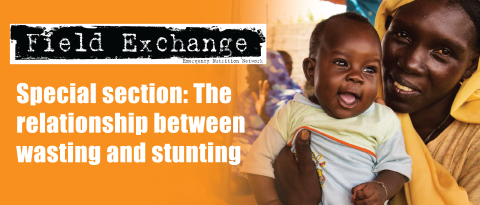Study protocol: Using locally produced foods to combat severe wasting in India
This is a summary of the following protocol paper: Kumar P, Sinha R, Daniel A, Shah H, Sriswan R, Kokane A (2021) Effectiveness of community-based treatment programs for treatment of uncomplicated severe acute malnourished children aged 6-59 months using locally produced nutrient dense foods: protocol for a multicentric longitudinal quasi-experimental study. BMC Nutrition, 7, 85. https://bmcnutr.biomedcentral.com/articles/10.1186/s40795-021-00489-1
While community management of acute malnutrition (CMAM) has been adopted in many countries worldwide, India is yet to have a formal national guideline for CMAM, due in part to a lack of consensus on the use of ready-to-use-therapeutic food. However, several states have decided to roll out community-based treatment for severe acute malnutrition (SAM), known as CSAM, using locally produced, nutrient-dense food supplements with different energy densities and nutrient compositions. Little is known about the effectiveness of the products used within the different CSAM interventions. This study protocol proposes to assess and compare the effectiveness of these programmes, looking at whether specific state interventions support recovery better than others and which intervention best reduces the risks of relapse and mortality.
A longitudinal quasi-experimental study will be undertaken in purposively selected districts in four different states rolling out CSAM (namely the states of Telangana, Madhya Pradesh, Odisha and Chhattisgarh). The study aims to enroll 200 children with SAM, without medical complications, in each state with anthropometric data taken at admission, in the sixth week of intervention and at discharge. Post-discharge, the children will be followed up for six months. Secondary outcomes will include mean weight gain, mean length of stay, body composition parameters and relapse and mortality rates. A further cost-effectiveness analysis will be conducted, estimating the total and incremental costs for each intervention and comparing these across the states.
The study is planned for a duration of 12 months. It is hoped that this study will contribute to the evidence on effective strategies to manage children with uncomplicated SAM in India.


